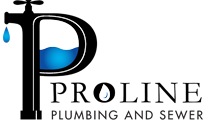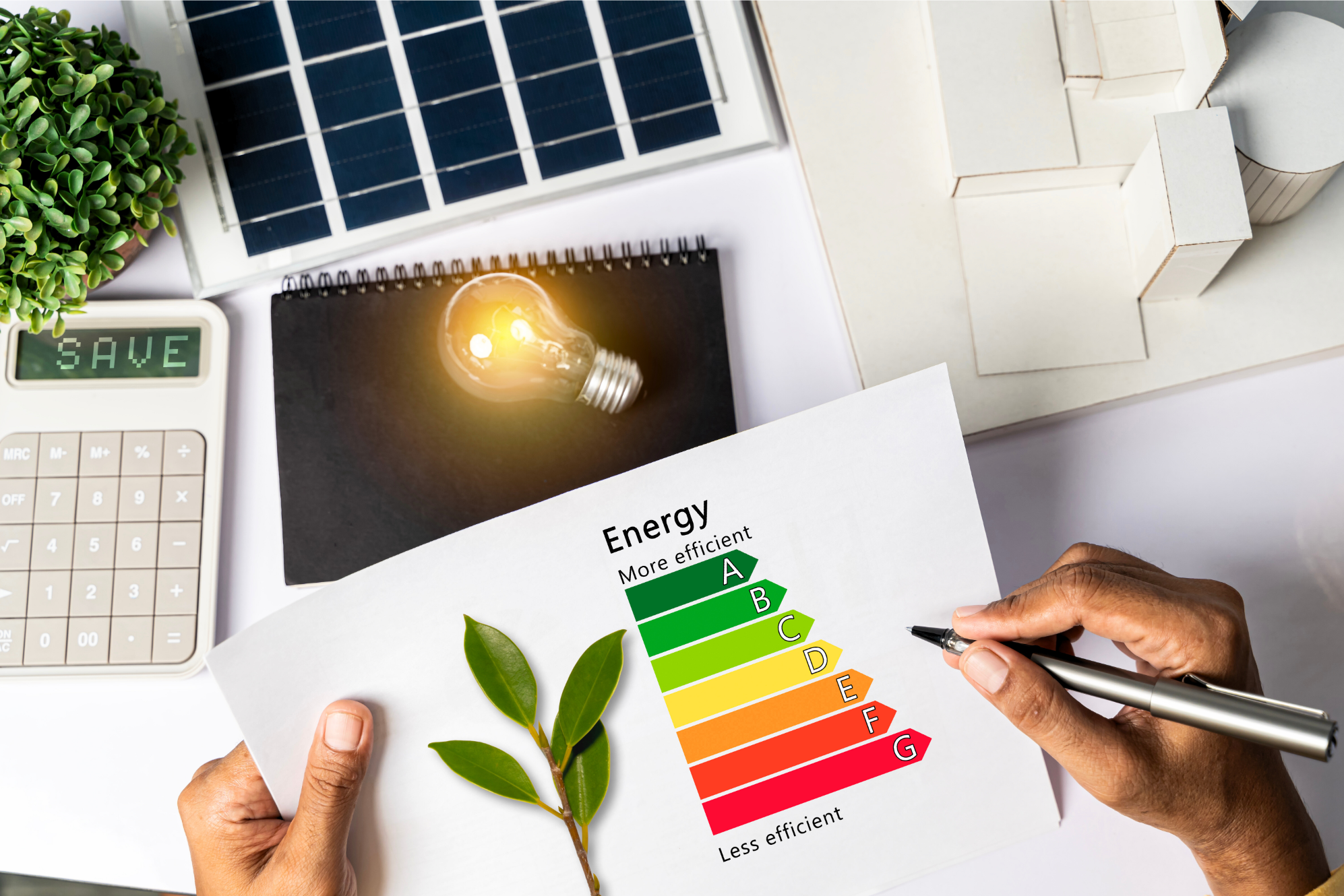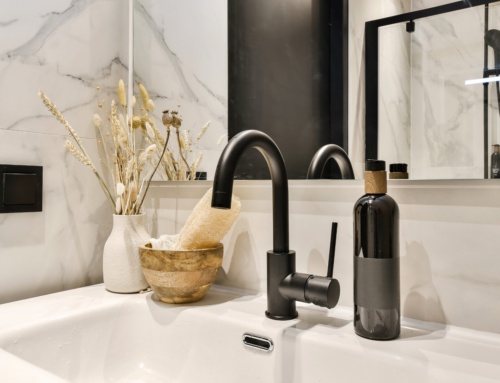When homeowners think of energy conservation, plumbing might not be the first thing that comes to mind. On the contrary, energy efficient plumbing systems not only conserve energy but also help save money on utility bills and reduce the likelihood of costly repairs down the line. By making smart upgrades and adopting sustainable practices, you can turn your home into an energy-saving haven! Here are some essential tips and insights to guide you toward greener plumbing and long-term savings.

-
Install Energy-Efficient Water Heaters
Water heaters are one of the largest energy consumers in a home. Switching to an energy-efficient model can significantly lower your energy bills. Consider the following options:
- Tankless Water Heaters: Unlike traditional storage water heaters, tankless models heat water on demand, eliminating standby energy loss. Companies like Navien and Rheem offer high-quality tankless systems that are both energy-efficient and reliable.
- Heat Pump Water Heaters: These systems use electricity to transfer heat from the air or ground to heat water, making them up to 3X more energy-efficient than conventional water heaters. Brands like AO Smith and GE Appliances provide excellent options in this category.
Pro Tip: Visit our blog, Tankless vs. Standard Water Heater: Choosing What’s Right for You, to explore the differences between water heater units and gain insights to help determine the best option for your home or business needs!
-
Fix Leaks Immediately
Leaky faucets and pipes might seem like minor inconveniences, but they can waste a significant amount of water and increase your water bills the longer they go unrepaired. For instance, a faucet dripping once per second can waste over 3,000 gallons of water annually! Can you believe that?! Addressing leaks promptly not only saves water but also prevents potential damage to other parts of your home.
Pro Tip: Invest in smart leak detection devices like those offered by Moen and Flo by Moen. These devices monitor water usage and alert you to potential leaks before they become major issues. What a dream!
-
Upgrade to Low-Flow Fixtures
Low-flow fixtures, such as showerheads, faucets, and toilets, are designed to reduce water consumption without compromising performance. These upgrades can save thousands of gallons of water annually and reduce your monthly water bill for your home or business.
Low-Flow Showerheads: Brands like Kohler and Delta offer showerheads that use as little as 1.5 gallons per minute (GPM) compared to the standard 2.5 GPM.
- Dual-Flush Toilets: Companies like TOTO and American Standard produce dual-flush toilets that allow you to choose between a full flush for solid waste and a reduced flush for liquid waste, conserving water.

-
Insulate Your Pipes
Pipe insulation is an often-overlooked energy-saving measure that can prevent heat loss as hot water travels through your plumbing system. By insulating your pipes, especially those in unheated areas like basements or garages, you can reduce water heating costs and ensure hot water arrives faster at your faucets.
Pro Tip: Foam pipe insulation is affordable and easy to install. Look for products from brands like Armacell for reliable insulation solutions.
-
Recycle Greywater
Greywater recycling systems collect and reuse water from sinks, showers, and laundry for purposes like irrigation or toilet flushing. These systems can dramatically reduce water waste, especially in areas prone to drought or water restrictions.
FAQs About Greywater Recycling:
- Is greywater safe? Yes, when properly filtered and treated, greywater is safe for non-potable uses like watering plants.
- Can I install a system in an existing home? Yes, many systems are designed for retrofitting. Companies like Greywater Action and ReWater Systems offer solutions for both newer and existing homes.
-
Use Water-Efficient Appliances
Modern dishwashers and washing machines are designed to use less water and energy compared to older models. Upgrading to ENERGY STAR-certified appliances can save thousands of gallons of water and hundreds of dollars in utility bills each year.
- Dishwashers: Look for models from Bosch or Whirlpool that use less water while delivering superior cleaning performance.
- Washing Machines: Front-loading washing machines from brands like LG and Samsung are particularly water-efficient.

-
Install a Water Softener (If Needed)
Hard water can cause mineral buildup in your pipes, water heater, and fixtures, reducing their efficiency and lifespan. Installing a water softener can help prevent these issues, saving energy and avoiding costly repairs in the long run. For those who live in hard-water states, such as Arizona, this is a well-known home repair issue.
FAQs About Water Softeners:
- What is hard water? Hard water contains high levels of minerals like calcium and magnesium, which can lead to scaling.
- Do I need a water softener? If you notice scale buildup on faucets or reduced water flow, a water test can confirm if a softener is needed.
- Which brands are recommended? Companies like Culligan and Pelican Water Systems offer reliable and efficient water softening solutions.
-
Prevent Frozen Pipes in Winter
Frozen pipes are not only inconvenient but can also lead to significant damage if they burst. Preventing this issue can save you from costly repairs and wasted water.
Tips to Prevent Frozen Pipes:
- Insulate exposed pipes in unheated areas.
- Let faucets drip slightly during extreme cold to keep water flowing.
- Install freeze-proof outdoor faucets (hose-bibs) to avoid outdoor plumbing issues.
Pro Tip: You can take a visit to our What to Do When You Have Burst Pipes Blog for an Expert Guide on what to do when your pipes break!
Rest assured, should you encounter a pipe break, Proline Plumbing & Sewer is here for you with 24-hour plumbing services, ready to address your needs promptly, day or night!

-
Schedule Regular Plumbing Maintenance
Routine inspections and maintenance by a professional plumber like Proline Plumbing and Sewer can identify potential issues before they escalate. Regular inspections of your water heater, pipes, and fixtures ensure everything is operating efficiently, saving energy and preventing costly repairs.
-
Educate Your Household
Finally, teaching everyone in your home about water conservation can make a big difference. Simple actions like turning off the faucet while brushing teeth, running the dishwasher only when full, and taking shorter showers can collectively lead to significant savings.
By implementing these energy conservation tips, you’re not only making your home more eco-friendly but also saving money and extending the lifespan of your plumbing system. Whether it’s upgrading to energy-efficient appliances, fixing leaks promptly, or installing advanced systems like greywater recyclers, every step you take makes a difference. Start with one or two changes today and enjoy the benefits of a greener, more efficient home!













